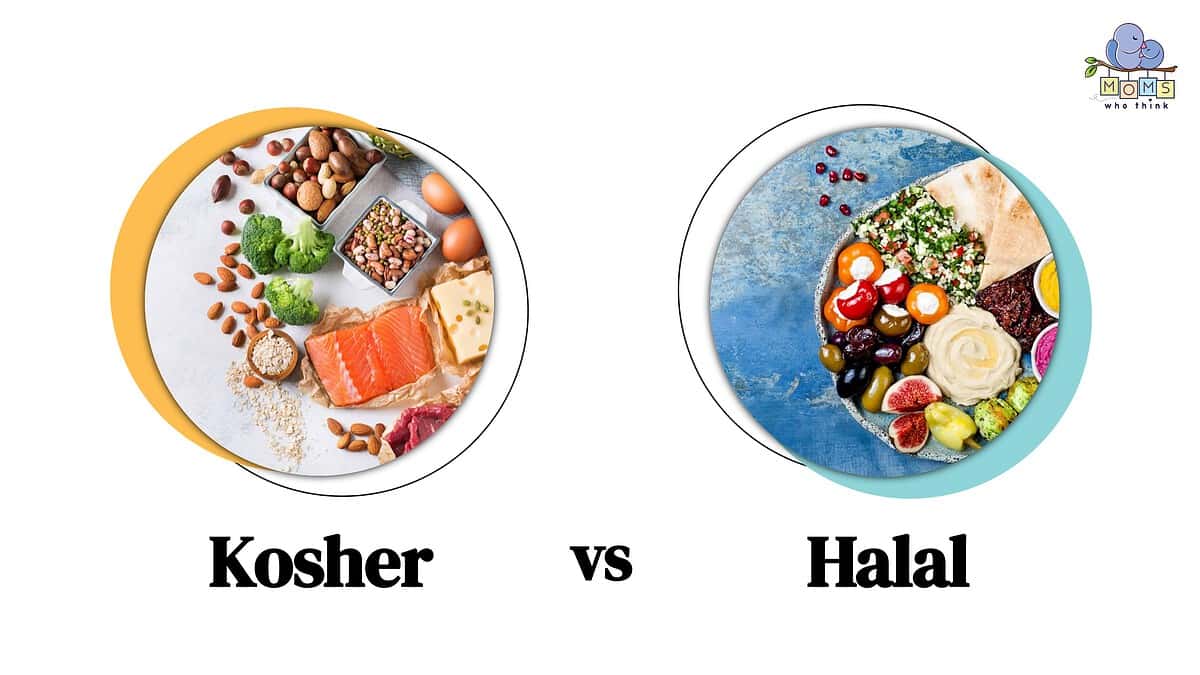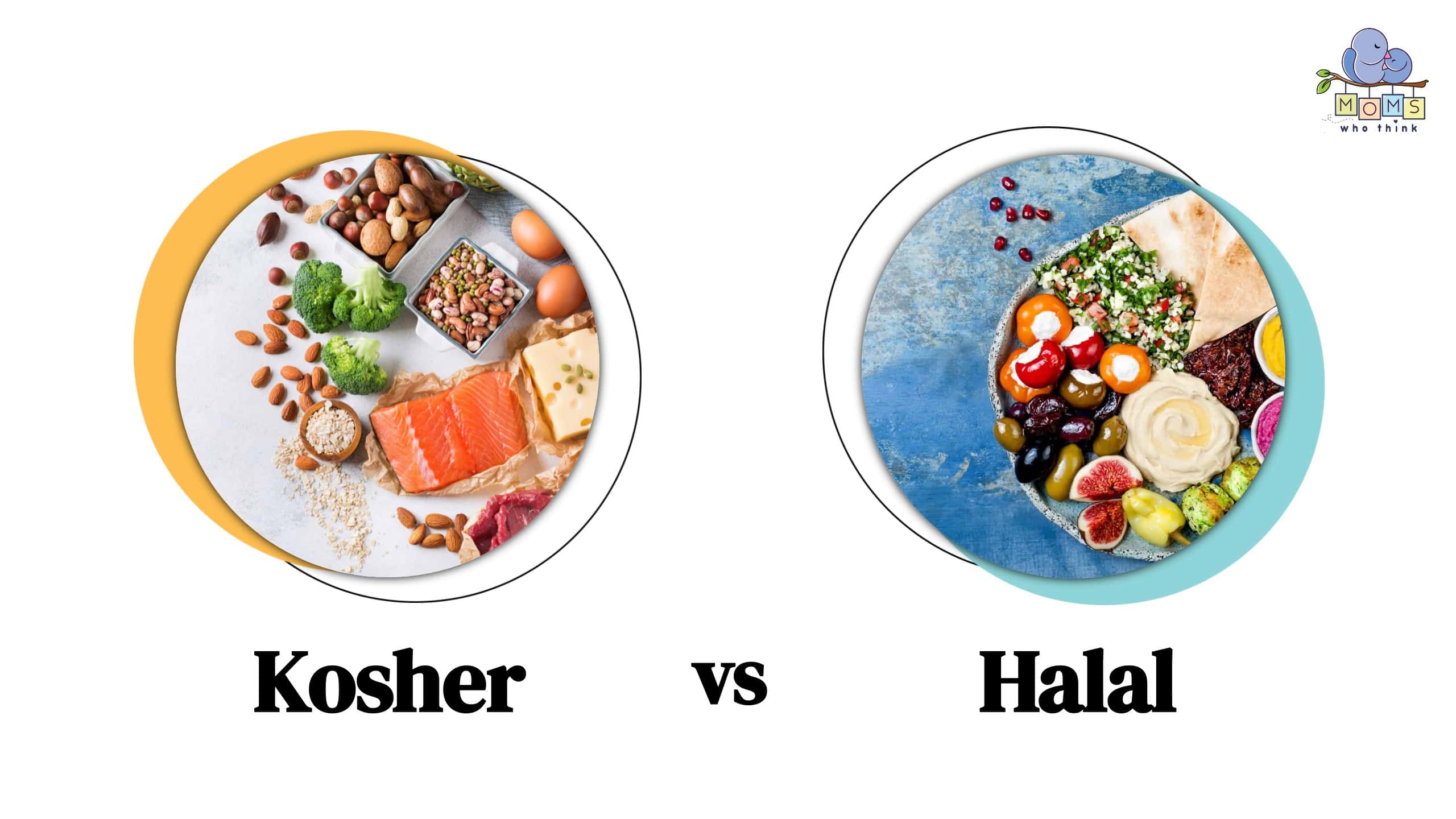Kosher vs. Halal: What's the difference? The biggest difference is how they are different diets from different religions. For example, kosher food is any food that suits Jewish people. Similarly, halal is any food that is fit by Islamic laws.
With both religions, there are strict diets on what can be eaten. These are based on religious teachings. But what are these foods? Can you abide by these rules without breaking them during the week or festive seasons?
This guide uncovers everything you need to know about Kosher and Halal foods. We look at the history of these practices, what food can be eaten, and some of the best food pairings. The more you understand these foods and why Jewish and Islamic people practice them, the more you'll appreciate why they follow these practices.

Kosher vs. Halal: What's the History?
Keeping kosher is part of the Torah, the first five books of the Hebrew Bible. There are commandments in the Bible that suggest what foods can be eaten. Scholars argue that these food restrictions are the first food laws on record.
Hala food regulations are as recent as the 1960s. These foods focus on extremely healthy foods and yet extremely delicious foods. The popularity of this food arose when more Muslim immigrants arrived in the United States during that period. Halal foods mean only certain kinds of foods can be eaten based on Islamic Law as defined in the Koran, the religious text of Islam.
What's Restricted From Eating?

©Foxys Forest Manufacture/Shutterstock.com
While there are a lot of delicious foods to either with either Kosher or Halal, there are also certain foods that must be avoided and never consumed.
For example, Halal diets must avoid any kinds of food that contain blood or alcohol. No alcohol must ever be consumed. You also can't eat food that is cooked with wine or beer. Additionally, no animals can be eaten because of the blood. No pork, reptiles, or any other kind of animal.
However, Kosher diets also work the same way. If on a Kosher diet, you can't eat any meat. That also means animals like horses, squirrels, or rabbits outside the ordinary. Certain types of fish are also off-limits. Fish without fins or scales are not allowed to be consumed. This is often referring to shellfish. Kosher food also limits eating any cow, particularly when it comes to steak.
While there are a lot of rules regarding what foods cannot be eaten, it's also important to know what freedoms you have under each Jewish and Islamic law. There are exceptions to what you can eat.
The Exceptions to The Rule
While there are a lot of guidelines on what you can eat, there are also some exceptions. For instance, according to Jewish laws, if you want to eat meat as a kosher, the meat must first be butchered by a shohet. The meat must also be soaked to ensure all the blood is removed.
For Halal, the animal must not be distressed or unhealthy before consumption. The animal must also be killed a certain way before consuming. This involves cutting the jugular vein.
In addition to these exceptions, there are various delicious meals you can prepare that delicious that you can eat all the time.
What Can Be Eaten?
Given the many rules behind kosher and halal foods, what can be eaten? There are, in fact, a lot of delicious foods you can eat.
Here's a list of the best foods you can eat on a halal diet.
- Shawarma
- Halvah
- Tabbouleh
- Baklava
- Labneh
Here's a list of the best foods you can eat on a kosher diet.
- Pancakes
- Classic macaroni salad
- Blueberry muffins
- Zucchini bread
- Homemade soup
The key to staying on these diets is knowing what you can eat instead of looking at it as a restricted diet. If you want to abide by these religious laws, you must know your favorite dishes and what's available to you without accidentally breaking them.
How to Abide By The Rules of Kosher and Halal
One of the best ways to follow a kosher or halal diet is to know what foods can be eaten. While there are differences, the goal is to understand what's available to you. The more you know what foods are restricted and what you have the freedom to eat, the more you know what you can try.
Overall, kosher and halal diets show the historical religious practice of Islamic and Jewish law. It shows how they are different and why it matters. When you understand the depth of knowledge behind each one of them, you also appreciate them more.

